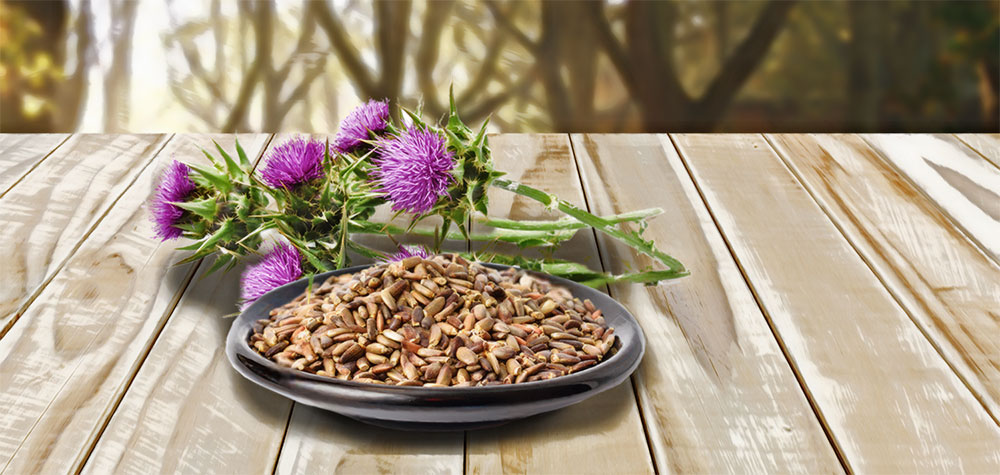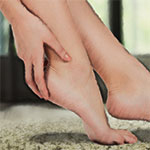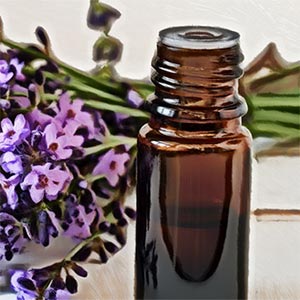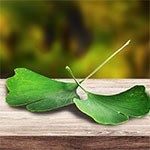
Milk thistle is an exotic herb that bears beautiful purple flowers. Although this herb initially grew in parts of Asia and Europe, it’s now cultivated in America and Southern Australia. When the leaves of the milk thistle are cut, a milky sap emerges from the veins – hence its name.
The plant is known by different names across various part of the world. These include the silymarin, Lady’s thistle, holy thistle and May thistle. You might be wondering: what is milk thistle capable of? This herb is widely used to treat liver diseases such as jaundice and hepatitis.
Benefits of Milk Thistle Extract
1. Liver Detoxifier
Milk thistle naturally removes harmful toxins from the body and rejuvenates liver cells. It also reverses the corrosive effects of alcohol binging and even protects your body from harmful pesticides and heavy metals in food and water supplies. Since the liver handles most of the vital detoxifying roles in the body, it’s important to take care of it. A healthy liver helps to cleanse your blood, produce essential hormones and give your body constant energy.
Doctors worldwide have approved milk thistle extract for treatment of hepatitis, psoriasis, jaundice and others.
2. Lowering High Cholesterol
The milk thistle contains strong anti-inflammatory properties and is also a powerful antioxidant. Researchers have discovered that inflammation is the root cause of some common ailments such as heart disease. By reducing inflammation, milk thistle helps to lower the high levels of cholesterol stored in blood vessels. This herb also cleans the blood and averts the damaging effects of oxidative stress in arteries.
By reducing low density lipoprotein (bad) cholesterol from your blood vessels, thistle seed helps you to maintain a healthy heart.
3. Preventing Cancer
The active compound in milk thistle is called silymarin. Silymarin is an antioxidant flavonoid which is believed to lower the risk of developing cancer by strengthening the body’s immune system, reversing the growth of cancerous cells and curbing DNA damage. A large number of silymarin molecules contained in milk thistle stimulate protein synthesis within the body and strengthen healthy cells, protecting them from mutation and damage.
Silymarin plays a role in cell renewal and flushing out toxins from the body. Since it’s a toxin obstruction agent, silymarin also prevents the formation of cancerous cells in the body.
4. Skin Rejuvenation
According to studies, milk thistle contains essential phytochemicals that effectively inhibit the harmful effects of UV light on the skin. Although the sun gives us warmth and vitamin D, it’s the main source of ultraviolet (UV) radiation. UV rays from the sun cause oxidative stress that can lead to a myriad of skin ailments such as skin cancer. Taking an appropriate milk thistle dosage can help prevent such skin diseases.
Application of silymarin onto the skin also helps to alleviate skin damage on cancer patients who’ve undergone radiation treatment.
5. Controlling Diabetes
Recently, research was done to unearth whether silymarin could help manage the symptoms of diabetes. Milk thistle was found to have valuable antioxidant properties that helped to lower blood sugar levels in patients with insulin resistance. In addition, patients who were offered milk thistle extract showed improved insulin levels and lower blood glucose levels compared to those who took a placebo.
Evidently, thistle seed can be used in the control and prevention of diabetes. However, before commencing on a milk thistle treatment, it’s better to consult your physician regarding the appropriate milk thistle dosage to take.
Side Effects of the Milk Thistle
Milk thistle doesn’t have any serious side effects. However, if taken in large quantities, it can cause diarrhea. There have also been a few reported cases of nausea, gas, bloating and stomach upsets.
Pregnant and breastfeeding women should completely avoid taking these herb. Individuals with ragweed allergies should also steer clear, since it may lead to development of rashes.
Milk thistle sometimes mimics estrogen. Therefore, women with endometriosis and fibroids should avoid using this herb as well. This also applies to women with ovarian, uterine and breast cancers.
Most importantly, ensure you visit your doctor before taking any milk thistle supplement, especially if you’re on other medication. He will guide you on the most appropriate milk thistle dosage for you.










